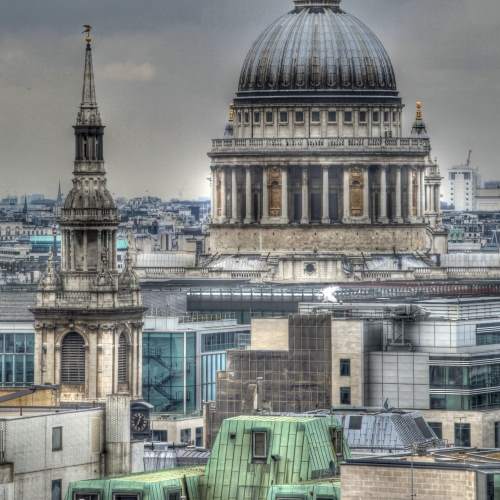Analytical Psychology has rich insights to share about the nature of the human condition–not just about the trajectory of the individual soul but also about the way in which human societies shape themselves and how they go about wrestling as cultures with social, political, economic and spiritual problems. With particular focus on the theory of cultural complexes, this presentation will look at the ways in which we are tackling or avoiding the major problems confronting our culture.
For the past decade, I have focused on elaborating the theory of cultural complexes in the context of Jungian thought. I have been inquiring about the way in which unconscious conflicts in the psyche of groups and individuals play themselves out in the social and political arena. This inquiry has led me to join with others in Australia, the United States, Latin America and Europe to explore the ways in which cultural complexes shape our thoughts and feelings about conflicts between groups which can be based on gender, ethnicity, race, or social and economic conditions. Many observers are now writing about the failure of a real, but unspoken contract between business, labor and government that balanced American society during the post-world war 2 years and is now crumbling in an increasing economic and social divide. My focus is how specific conflicts arise around core issues in the social life of groups–what Jung called complexes. I will elaborate on this theory by giving a description of the core cultural complexes that fracture contemporary society. These complexes operate in the collective psyche and determine how people relate to one another in almost every aspect of our social life.


